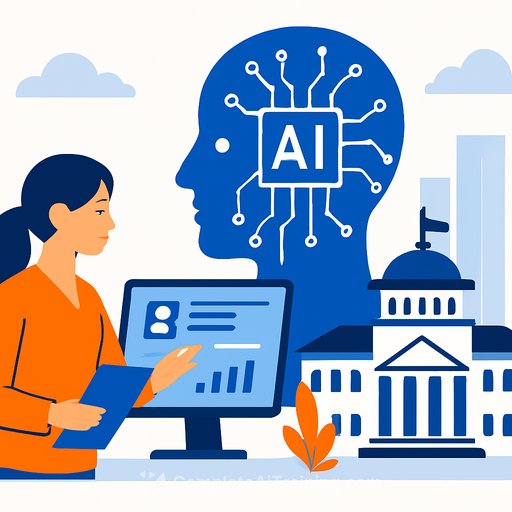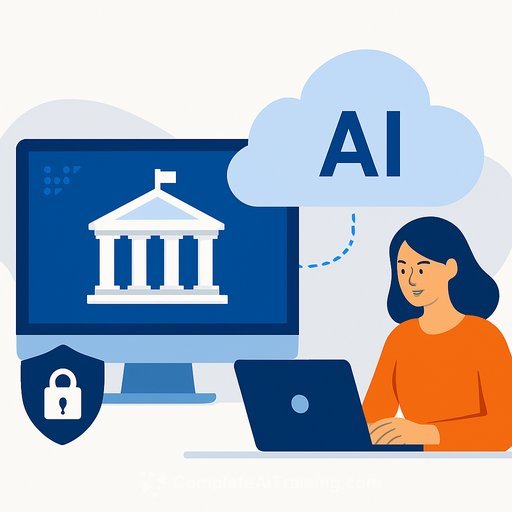Bandung City Government Backs AI to Speed Up Public Services
The Bandung City Government is positioning Artificial Intelligence as a strategic tool to improve civil servant performance and accelerate services for residents. The message is clear: use AI to work smarter, deliver faster, and reduce errors across the board.
Marsudi Wahyu Kisworo, a member of the Steering Committee of the National Research and Innovation Agency (BRIN), emphasized that AI will not replace humans-but people who ignore AI will lose ground to those who use it well. He delivered this point during the Information Technology and Statistics Data Communication Discussion Forum (NGULIK) on 20/11/2025.
He highlighted three core benefits for government work: faster processes, fewer mistakes, and more valid data. With accurate and integrated data, public policy can be set with greater precision and less guesswork.
Where AI Fits in City Services
- Complaint handling: Classify, route, and track cases automatically to cut response times.
- Service demand forecasting: Predict peak periods for permits, clinics, or licensing to staff appropriately.
- Disaster risk mapping: Combine geospatial, weather, and historical data for early warnings and targeted action.
These use cases benefit from AI's ability to sift through large datasets and surface patterns quickly-work that would take weeks if done manually.
Bandung's Direction
The NGULIK Forum creates a practical space for regional agencies to exchange ideas on integrating AI into daily operations. The city is moving toward data- and AI-driven methods for public information management, population administration, and predictive development planning.
The goal is straightforward: faster, more effective services that adapt to community needs in real time, while strengthening Bandung's standing as a smart city.
What Government Teams Can Do Next
- Start with clean, connected data: Standardize formats, remove duplicates, and link systems across departments.
- Pick safe pilot projects: Complaints triage, document summarization, or demand forecasting are good first steps.
- Set guardrails: Human-in-the-loop review, audit logs, data access controls, and clear escalation paths.
- Measure outcomes: Track time-to-resolution, backlog size, error rates, and citizen satisfaction.
- Upskill staff: Train civil servants on prompts, data literacy, and ethical use-keep it practical and role-based.
- Scale what works: After 60-90 days, extend winning pilots, document playbooks, and share lessons across agencies.
Governance That Builds Trust
- Privacy and security: Apply data minimization, encryption, and role-based access across systems.
- Model oversight: Test for bias, track versioning, and monitor drift; publish model cards for transparency where appropriate.
- Procurement alignment: Require interoperability, data export, and clear SLAs in contracts.
- Public accountability: Communicate how AI assists-not decides-on critical matters, and keep appeal channels open.
As noted by BRIN's leadership, the practical advantage goes to teams that adopt AI responsibly and early. The combination of better data and targeted use cases can lift service quality without adding headcount.
Helpful Resources
Bottom line: AI won't replace civil servants. But civil servants who use AI-backed by good data, clear guardrails, and sensible pilots-will set the new standard for public service in Bandung.
Your membership also unlocks:






